Process Oriented Psychology
‘The Edge of Potential’ is an important concept in Process Oriented Psychology (developed by Dr Arnold Mindell). At our ‘Edges’ there is often disturbance, but there is also diversity and potential. Processwork finds a young person’s potential within that disturbance. On a surface level, what may appear as the problem may actually contain the solution. Processwork encourages us to reflect on our behaviours and anxieties as if they are maps to our development. When tuning in to our ‘disturbances’, we allow them to inform us of our needs to help us grow.
Process oriented psychology/psychotherapy works with feedback and awareness. Feedback is fundamental to parent/child attunement which is central to how a child learns about themselves and the world around them. Following feedback means that interventions flow from the way children and families behave and communicate from moment to moment. The awareness of feedback can help parents and children deal with complex feelings and experiences.
Process oriented therapy can be applied across a wide range of child and family experiences, from parent/child attunement, to supporting children and young people in their development and dealing with transitions, conflicts, and discovering how to live to their full potential. This work has been applied to bullying, abuse and trauma, leadership and empowerment. Process oriented therapy has been applied to working with anger, violence, and many other health difficulties.
Process Oriented Child Psychotherapy can help children, teenagers, parents/carers, and families with challenges including:
Childhood trauma (also parental trauma)
Attachment difficulties
Violence and rage
Individuation and autonomy
Mental health difficulties
Nightmares and sleep difficulties
Somatic symptoms with a psychological basis
Supporting parents, carers (and corporate parents)
Process Oriented Family Work/Therapy
Complex difficulties associated with adoption, care, or other family dynamics
Diversity issues - non goal-oriented approaches around gender and sexual-orientation, issues with identity, xenophobia and marginalisation of many kinds
Rank and power - a particular interest in raising awareness around rank/power issues for children and families
How It Works
In whatever ways young people are behaving, they are communicating. Not just through their voice, but through their behaviours. These behaviours are the child’s deeper needs. Processwork involves attuning to the needs of a young person and how these are expressed through their signals and behaviours. The aim is to engage with the young person in ways which give ‘positive feedback’ or resonate positively with who they are. Particularly when they have had bad experiences or their development has been disrupted, some children don’t yet know what they think or feel, and through bringing awareness and curiosity to their experiences, and helping parents, teachers, and cared to do so also, a child can begin to become warmer and more interested in themselves and who they are.
The aim is to follow the young person’s (or family’s) process; helping them to live and express their nature like a plant, rather than to fix them or to make them fit into our own expectations. But this is also about helping the young person to live a successful life in a world of influences and pressures. Environments and the circle of relationships around children are also really important. Therefore, we approach peer relationships, families, schools, and professional services in a similar way, bringing awareness to how we communicate and interact as this has an impact on children and young people.
The awareness of the subtleties of rank and power can really help children to discover their own powers and become more aware of using them effectively. For example, physical power, the power of emotions, the social rank and power of teachers and parents, and also the powers that young people have in relations to adults. Even playfulness and creativity are important powers. Unconscious power can be toxic, but powers of all kinds when used with awareness can enhance children’s lives and the communities they live in.
Parents, carers, and corporate parents - In fact, any adult may be important in a child’s life, modelling and respectfully interacting with children. Validating the child’s experience, noticing the child’s capabilities and holding boundaries with a respectful use of power and good communication. Children and young people dealing with particularly painful or disturbing experiences may often externalise their conflicts upon those closest to them. Here, there is an enhanced parental role of noticing when this is happening and ‘digesting’ or ‘processing’ the difficulty such that it can be given back to the child in a digestible form.
Process Oriented Child Psychotherapy offers particular skills and innerwork for parents to pick up this unique responsibility for those they care for, but also for parents and carers to look after themselves, their body, feelings, imagination, and common sense. Processwork helps a child to follow their own inner feedback, and to learn to trust themselves. At the same time, processwork deals with inner barriers and blocks *Process Oriented Psychology was developed by Arnold Mindell and international colleagues.
